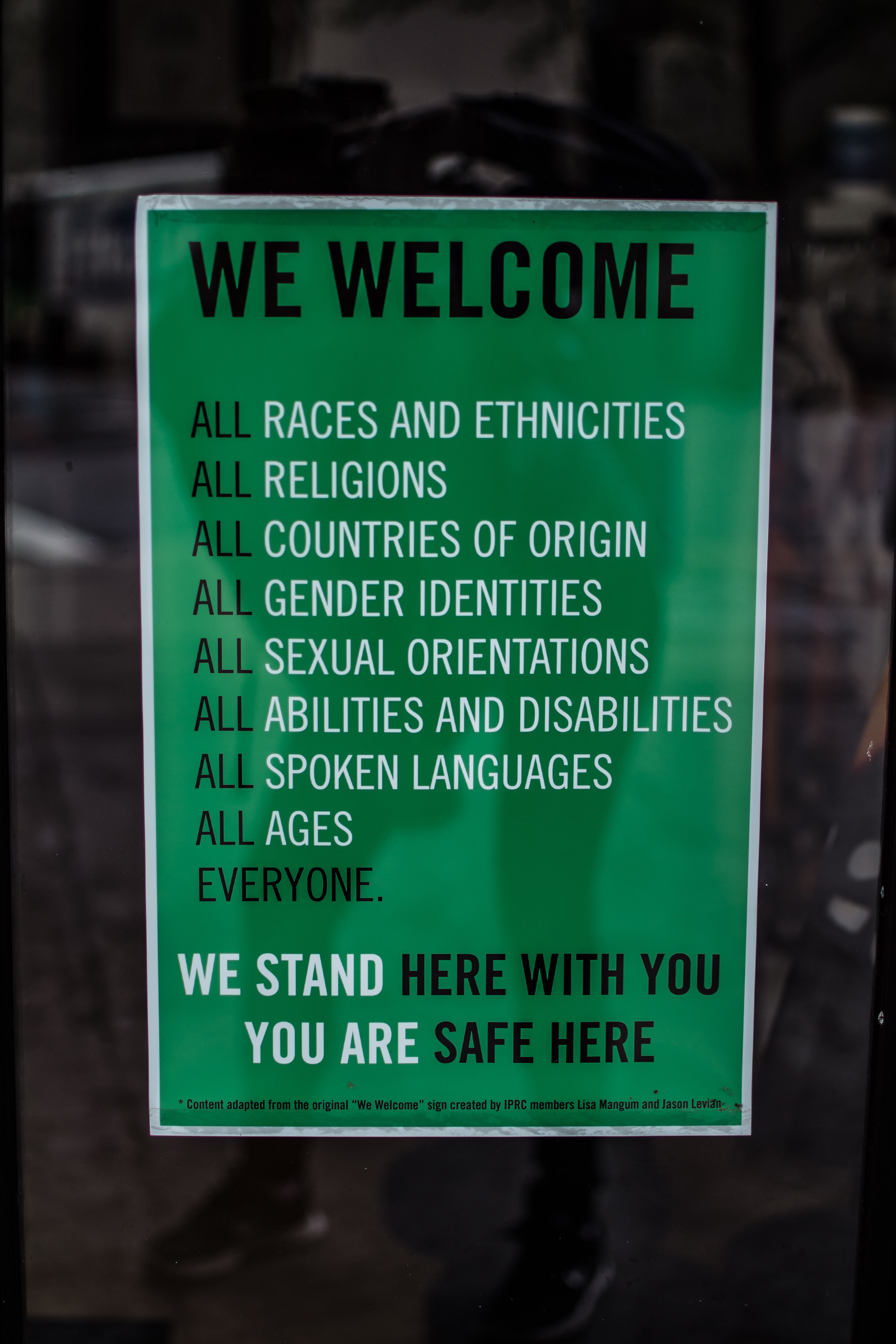
On Friday October 11, 2019, three Federal courts in California, New York, and Washington issued three temporary injunctions blocking the Trump administration from enforcing the Public Charge rule on a nationwide basis, which was set to go into effect on October 15, 2019.
The decision to block the government from enforcing the Public Charge rule is sure to set off a contentious legal battle that is just beginning to unfold.
California’s Injunction
In California, the City of San Francisco, State of California, and La Clinica de La Raza, a health care provider, joined together as plaintiffs to sue the United States Citizenship and Immigration Services (USCIS), the U.S. Department of Homeland Security (DHS), and the President of the United States to prevent the Public Charge rule from going forward.
U.S. District Judge Phyllis Hamilton granted the Plaintiffs a preliminary injunction bringing a temporary stop to the government’s plans to enforce the rule, in states falling under the purview of the U.S. District Court of Appeals for the Ninth Circuit.
Judge Hamilton wrote that in seeking to enforce the final rule, the government failed to consider the impact the rule would have on local and state governments when immigrants chose to leave public health benefit program, “[DHS] made no attempt, whatsoever, to investigate the type or magnitude of harm that would flow from the reality which it admittedly recognized would result—fewer people would be vaccinated,”
Washington’s Injunction
Similarly in a separate but related lawsuit, the States of Washington, Colorado, Delaware, Hawaii, Illinois, Maryland, Massachusetts, Minnesota, Nevada, New Jersey, New Mexico, and Rhode Island joined together as Plaintiffs to sue the United States Citizenship and Immigration Services (USCIS), the U.S. Department of Homeland Security (DHS), the heads of these agencies, and the President of the United States.
The Washington injunction was more sweeping in scope in that the Federal Judge in that case, Rosanna Malouf Peterson, ordered a nationwide injunction forcing the government to refrain from implementing or enforcing the rule on a temporary but nationwide basis. In her decision Judge Peterson wrote, “the Court declines to limit the injunction to apply only in those states within the U.S. Court of Appeals for the Ninth Circuit.”
As a result, the broad scope of the injunction prevents the government from enforcing the Public Charge rule on a nationwide basis.
Continue reading
 Visa Lawyer Blog
Visa Lawyer Blog











